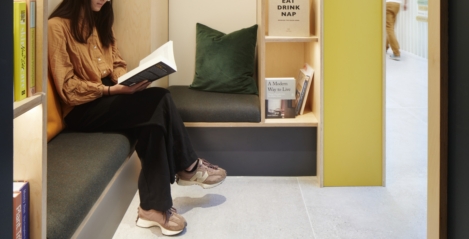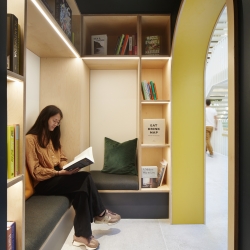May 18, 2023
Four in ten low income working parents have gone into debt to pay for childcare
 A new poll from Working Families in partnership with law firm Pinsent Masons, sets out to highlight the challenges that lower-income parents in the UK face as they balance work and caring for their children. The Working Families Index 2023: Spotlight on lower-income families reveals that many working parents on lower incomes are forced to go into debt, reduce their hours, or leave their jobs altogether due to problems affording and accessing childcare. The report also claims that working mothers on lower incomes take far less maternity leave than the UK average, and that working parents on lower incomes are often locked out of the flexible arrangements they desperately need to stay in work and earn vital income whilst balancing their childcare responsibilities. (more…)
A new poll from Working Families in partnership with law firm Pinsent Masons, sets out to highlight the challenges that lower-income parents in the UK face as they balance work and caring for their children. The Working Families Index 2023: Spotlight on lower-income families reveals that many working parents on lower incomes are forced to go into debt, reduce their hours, or leave their jobs altogether due to problems affording and accessing childcare. The report also claims that working mothers on lower incomes take far less maternity leave than the UK average, and that working parents on lower incomes are often locked out of the flexible arrangements they desperately need to stay in work and earn vital income whilst balancing their childcare responsibilities. (more…)



















 A significant majority (85 percent) of employees feel like they are just a cog in the machinery of their organisation and 43 percent have no idea how their performance contributes to business success, according to a new survey of employee experience and expectations. According to the
A significant majority (85 percent) of employees feel like they are just a cog in the machinery of their organisation and 43 percent have no idea how their performance contributes to business success, according to a new survey of employee experience and expectations. According to the 













